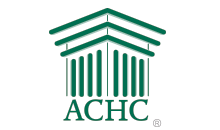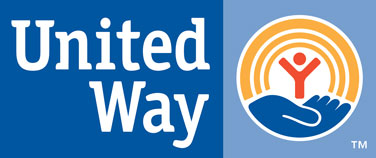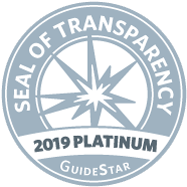How Family Days Help Grieving Family Members
There is no right or wrong way to process grief–it’s an individual experience. The length of time someone grieves over a missing loved one can be influenced by many factors, such as age, maturity and family background, along with their state of physical and mental health.
Lower Cape Fear LifeCare (formerly Lower Cape Fear Hospice) is dedicated to providing extensive resources on free grief counseling and grief group counseling sessions for families who have been touched by a significant and devastating loss. One of the many ways we help members of the community cope is through our Family Days programs.
Family Days are special opportunities that allow you to spend extended time around other families who are also struggling with grief and loss. We welcome young people of all ages, although they must be accompanied by a parent or guardian in order to participate.
Children grieve differently than adults and experience many emotions they’ve never had to face. They may feel they have no one to talk to about this. Therefore, children frequently feel all alone in their sadness and anger in having lost a loved one. Family Days are an opportunity to help families discuss their feeling over the loss of a loved one, and begin to heal. – Marty Hernandez, LCFL children’s counselor coordinator
The event includes time for any children in the families to play together and allow everyone to learn more about how grief affects the entire family and strategies to help cope with it. All families are invited, regardless of whether or not they were served by Lower Cape Fear LifeCare.
These Family Days are held in Brunswick, Columbus, Horry and Onslow counties. The event is free, but pre-registration is required. You can view a list of upcoming Family Days or other events on our calendar.
Some Practical Tips for Dealing With Grief
While everyone grieves differently, there are some practical steps you can take to help yourself or a loved one dealing with loss. According to the Mayo Clinic, it may help to:
- Write a letter to your deceased loved one, expressing your feelings and emotions.
- Journal or create a scrapbook about special moments you shared. This may be particularly helpful in capturing your parent’s legacy.
- Speak to someone you trust and don’t keep your feelings bottled up inside. You may wish to share your thoughts with a member of the clergy, a friend or relative.
- Prepare for recurring grief, especially during birthdays or holidays.
- Lend an ear to others who may be experiencing grief. Often, it helps to spend time with someone who is also experiencing great loss.
Healing Journey Newsletter
For our hospice families, we provide a free Healing Journey Newsletter for 13 months after a patients’ death. If your loved one has received services from Lower Cape Fear Hospice and you haven’t yet received your newsletter, please contact us at 910-796-7991.
Lower Cape Fear LifeCare Can Help You Through Free Grief Counseling
One of the things that sets Lower Cape Fear LifeCare apart from other organizations is that we strive to be the main community educational resource for those facing life-limiting illnesses and those they love. We offer several free educational programs throughout the community, many of which are specifically targeted toward grief counseling and assisting veterans.
If you know someone who could benefit from hospice care, or if you are struggling with the death of a loved one, you can contact us for information on how we can best serve you.
Since 1980, Lower Cape Fear LifeCare (formerly Lower Cape Fear Hospice) has served patients and their families throughout southeastern North Carolina, serving patients where they live – in their homes, hospitals, assisted living and skilled nursing facilities. For more information on how to start the conversation about hospice, please call 1-800-733-1476.








